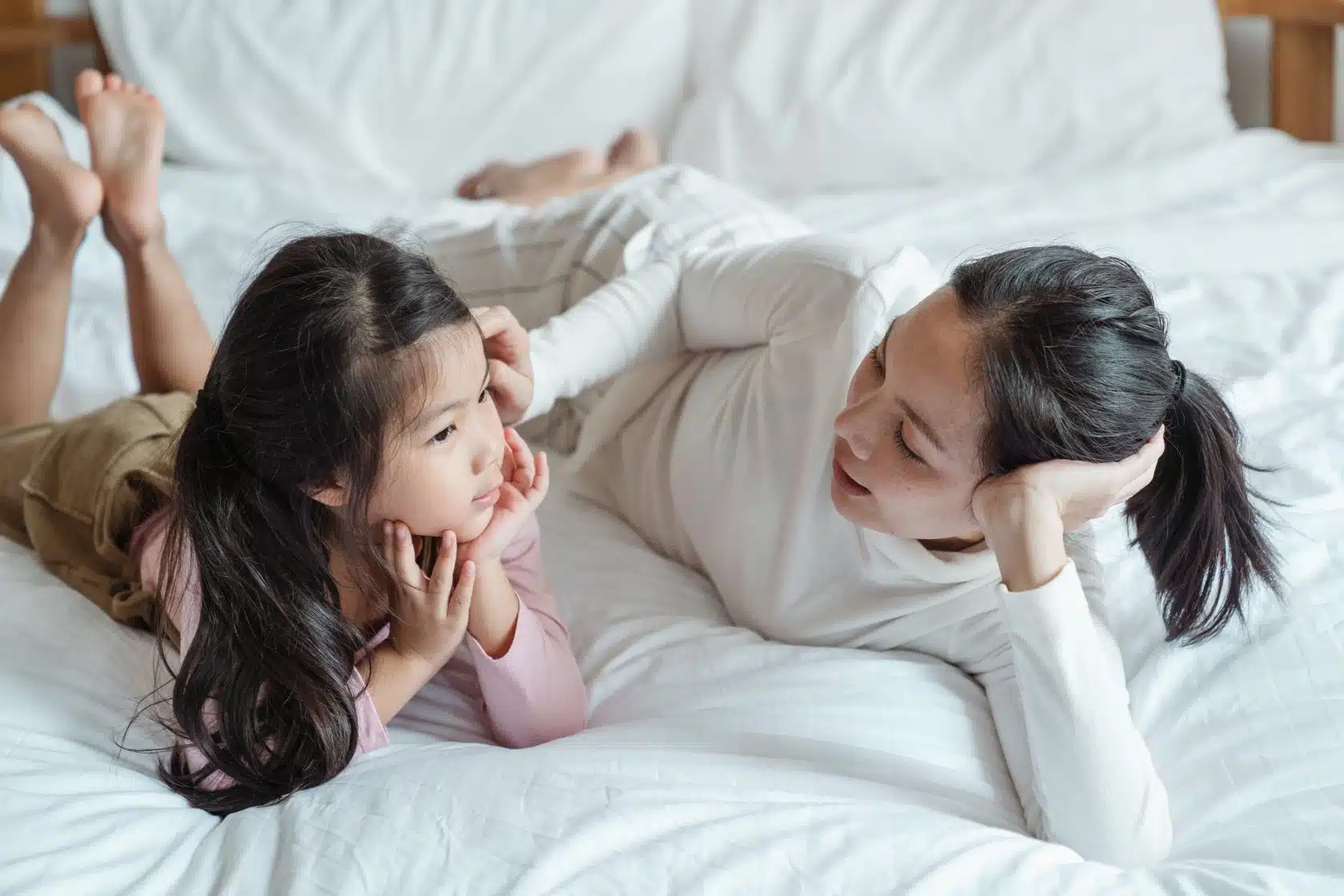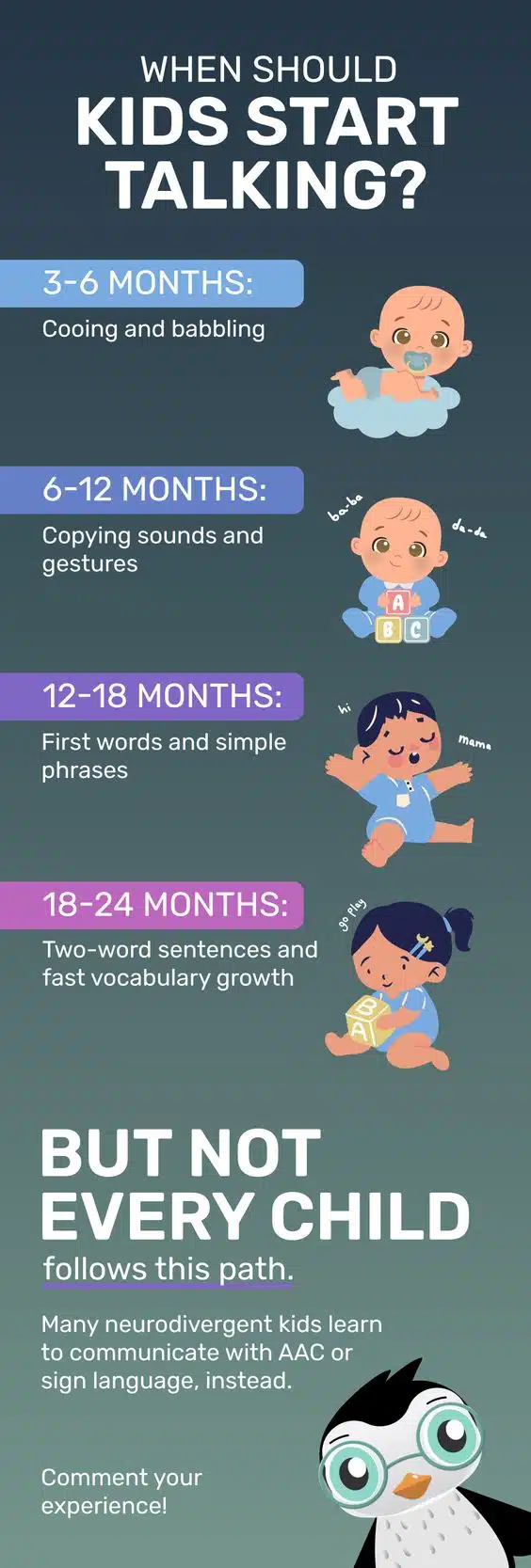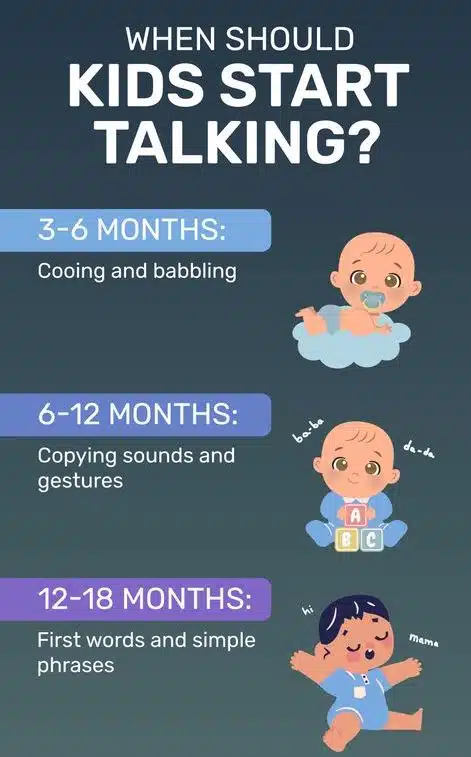Verbal productions mean using spoken words to talk and share thoughts and ideas. It is how children with special needs express themselves through speech. They use words, sentences, and phrases to communicate with others and let people know what they want, need, or feel. Verbal productions are important for making friends, learning at school, and conversing with others.












